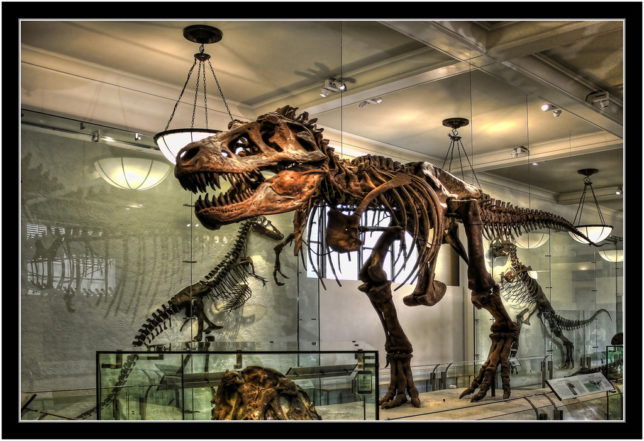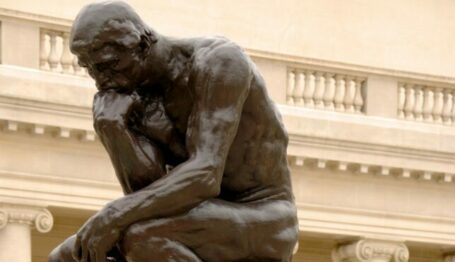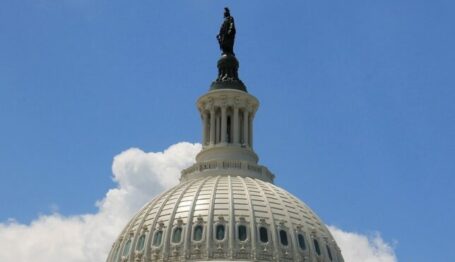Philanthropy
In Memoriam: David Koch
"Dark Money" for Cancer and Culture


Billionaire industrialist and philanthropist David Koch passed away this week at the age of 79.
He and his older brother, Charles Koch, were often marked by the Left as the ultimate boogeymen for funding free-market and libertarian policies and think tanks. But this reductive view of David Koch’s philanthropy does a disservice to his philanthropy, most of which he directed to funding medical research and cultural institutions.
In 1991, doctors diagnosed David with prostate cancer, giving him about five years to live. He underwent numerous treatments and somewhat miraculously lived for another 20-plus years. His battle with cancer and his improbable survival of a plane crash several years prior inspired much of his giving, especially the nine-figure gifts he made to his alma mater, the Massachusetts Institute of Technology.
David started the Koch Institute for Integrative Cancer Research at MIT with a $100 million gift in 2007. The center opened in 2011 and facilitates research between biologists, organic chemists, and engineers that specialize in combining these scientific disciplines to treat cancer more effectively than traditional chemotherapy and radiation methods, which can be destructive to healthy tissue.
The New York Times reported that David Koch gave some $1.2 billion to Manhattan-based organizations during his lifetime, patronizing the Lincoln Center for the Performing Arts, the American Museum of Natural History (reflecting his childhood love of dinosaurs), New York Presbyterian Hospital, and the Metropolitan Museum of Art. David Koch founded the David H. Koch Charitable Foundation, which patronizes similar cultural organizations.
Of course, his political ambitions captured the most media attention. In 1980, David Koch ran for Vice President as part of the Libertarian Party’s ticket with Ed Clark. The two secured over a million votes, but of course, lost to the political juggernaut that was Ronald Reagan.
Since failing to influence American politics as a capital-L Libertarian, David’s giving to public policy focused on nonprofit groups and think tanks like Reason, the Cato Institute, and Americans for Prosperity (AFP). David sat on the board of AFP’s associated foundation for a time and was active in the famed Koch network donor retreats, leading mainstream media outlets to associate his public policy philanthropy with conservative “dark money.” He told Philanthropy Magazine in 2012 that “probably the smallest amount of money that I give is to public-policy institutions.”
However, the label of “conservative” applied only to David Koch’s fiscal policies. As the Libertarian Party’s Vice-Presidential candidate, David Koch ran on a platform that including advocating for gay marriage and amnesty for illegal immigrants. Despite publicly professing to be a “social liberal” in favor of abortion and gay rights, his political giving led some in the scientific community to sign a public letter to the Smithsonian to cut ties with David Koch. A related petition called for the Smithsonian and American Museum of Natural History to remove him from his respective board seats. The museums didn’t cave to such politicized media stunts.
This and other over-generalized views of philanthropic giving have resulted in a heated national debate about the role of wealth in politics and American culture. It is well that the educational and medical centers that worked with David Koch accepted his gifts, as students and patients will no doubt benefit from his largesse for years to come—whether or not they decide to adhere to free-market economics or the principles of limited government.



